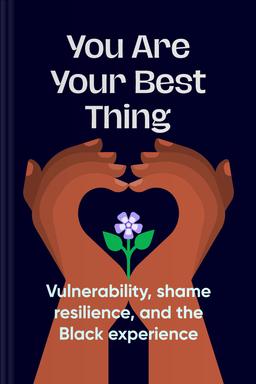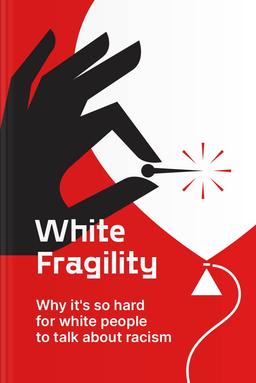What is Jay-Z about?
This insightful exploration delves into the life and influence of a cultural icon, examining Jay-Z's journey from humble beginnings to becoming a global mogul. Through an analysis of his music, business ventures, and social activism, the book highlights his impact on hip-hop and American culture. Dyson intertwines personal anecdotes with critical commentary, revealing the complex interplay of race, identity, and capitalism in the artist's narrative.
Who should read Jay-Z
- Hip-hop enthusiasts seeking cultural insights.
- Fans of Jay-Z wanting deeper understanding.
- Readers interested in American identity and success stories.
What is All Boys Aren’t Blue about?
This poignant memoir explores the complexities of identity, race, and gender through the author's experiences as a Black queer youth. With a blend of personal narratives and cultural critique, the book addresses the challenges faced by LGBTQ+ individuals, particularly young boys, while advocating for a deeper understanding of gender fluidity and self-acceptance. The narrative is both a personal journey and a call to action for acceptance and understanding.
Who should read All Boys Aren’t Blue
- LGBTQ+ youth seeking representation and understanding.
- Parents wanting to support gender-expansive children.
- Educators promoting inclusivity and awareness in schools.
What is You Are Your Best Thing about?
This anthology explores the intersections of vulnerability and resilience within the Black experience. Through personal narratives and insights from various contributors, it delves into themes of shame, healing, and empowerment. The book encourages readers to embrace their authenticity and confront societal challenges while fostering connection and understanding. It serves as a powerful reminder that embracing one's vulnerabilities can lead to personal and communal strength.
Who should read You Are Your Best Thing
- Readers interested in personal growth and resilience.
- Individuals seeking to understand Black experiences and vulnerability.
- Anyone interested in shame resilience and mental health discussion.
What is White Fragility about?
This book explores the concept of white fragility, examining how white individuals often react defensively when confronted with discussions about race and racism. It delves into the social dynamics that perpetuate racism and encourages self-reflection among white readers. Through personal anecdotes and research, the author invites a deeper understanding of racial tensions and offers insights on how to engage in more meaningful conversations about race.
Who should read White Fragility
- White individuals seeking to understand racial dynamics.
- Educators aiming to address racism in their classrooms.
- Activists working towards racial equality and justice.
What is The Color of Compromise about?
This powerful examination reveals how the American church has historically contributed to racism and inequality. It traces the roots of racial injustice in the church, detailing the complicity of various denominations and leaders. The book encourages readers to confront uncomfortable truths and inspires a path toward reconciliation and justice, highlighting the need for an honest discussion about race and faith in America.
Who should read The Color of Compromise
- Christian leaders seeking to understand racial justice.
- Students of American history and church dynamics.
- Social justice advocates interested in faith perspectives.




